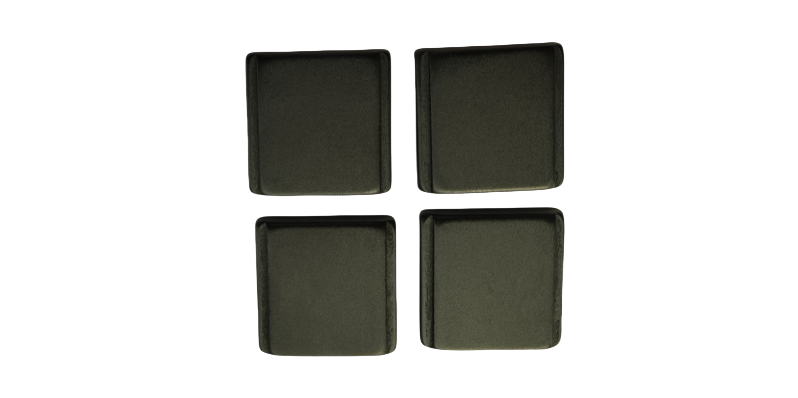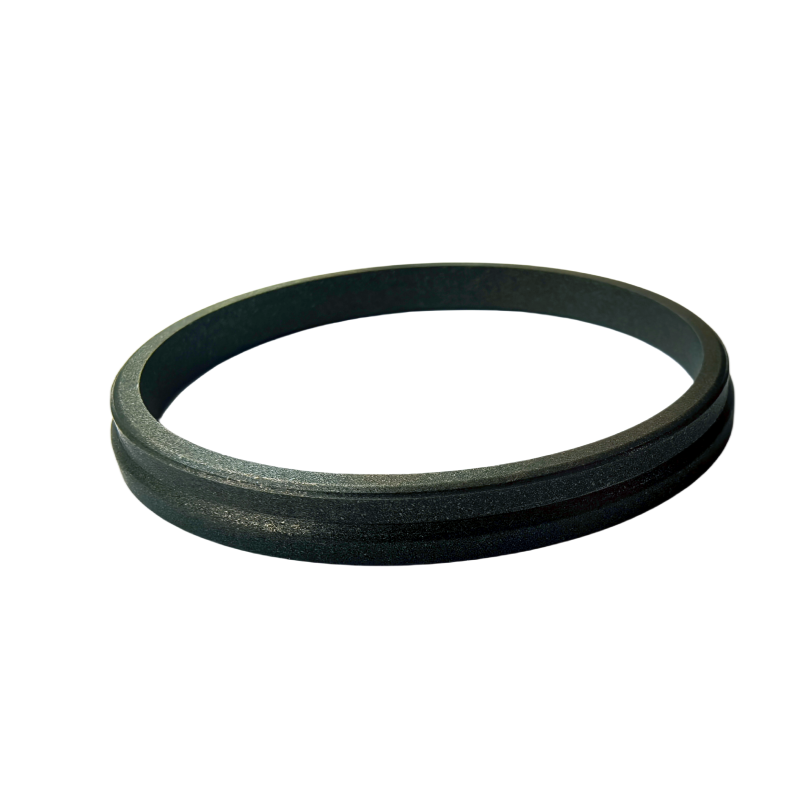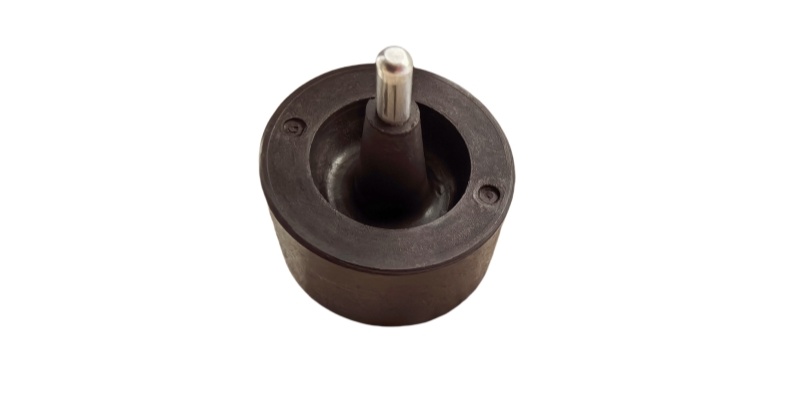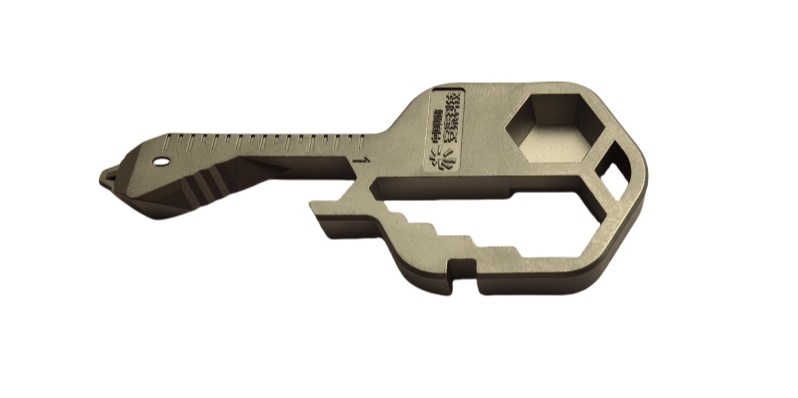Inductor Magnet
Inductor Magnet An inductor magnet, also known as an inductor coil, is a key component in various electronic devices and systems. It plays a crucial role in converting electrical energy to magnetic energy and vice versa.
Classification:
Products
injection-molded neodymium iron boron magnet
Key words:
Inductor Magnet
immediate consultation
Product Description
Inductor Magnet An inductor magnet, also known as an inductor coil, is a key component in various electronic devices and systems. It plays a crucial role in converting electrical energy to magnetic energy and vice versa. In this article, we will explore the function, types, and applications of inductor magnets. Function of Inductor Magnet An inductor magnet is primarily used to store energy in the form of a magnetic field. When an electric current flows through the coil, it generates a magnetic field around it. This magnetic field stores the energy and tends to resist any changes in the current. As a result, inductor magnets are commonly used in circuits to regulate and stabilize the flow of current. Types of Inductor Magnets There are several types of inductor magnets, each with its own characteristics and applications. The most common types include air core inductors, iron core inductors, and toroidal inductors. 1. Air Core Inductors: As the name suggests, air core inductors have no core material. They consist of a coil wound around a non-magnetic material, such as plastic or ceramic. These inductors have low inductance values but are suitable for high-frequency applications due to their low magnetic interference. 2. Iron Core Inductors: These inductors have a ferromagnetic core, typically made of iron or a ferrite material. The core enhances the inductance of the coil and allows for better energy storage. Iron core inductors are commonly used in power supplies, transformers, and electromagnetic devices. 3. Toroidal Inductors: A toroidal inductor consists of a coil wound around a toroidal-shaped core, usually made of iron powder or ferrite. The toroidal shape ensures that the magnetic field remains confined within the core, resulting in higher inductance and lower electromagnetic interference. Toroidal inductors are often used in audio equipment, telecommunication systems, and power electronics. Applications of Inductor Magnets Inductor magnets are widely used in various electronic and electrical applications. Some of their key applications include: 1. Power Electronics: Inductor magnets are an essential component in power supplies and converters. They help regulate the flow of current and store energy, ensuring stable and efficient system operation. 2. Telecommunications: Inductor magnets play a vital role in filters and RF circuits used in telecommunication systems. They help in signal processing, noise reduction, and impedance matching. 3. Automotive Electronics: Inductor magnets are used in automotive systems, such as ignition systems, fuel injection systems, and electronic control units. They provide the necessary energy storage and regulation for these systems to function properly. 4. Renewable Energy: Inductor magnets are crucial in renewable energy systems, such as wind turbines and solar inverters. They assist in converting and storing energy efficiently, contributing to the overall performance of these systems. In conclusion, the inductor magnet is a fundamental component in a wide range of electronic devices and systems. Its ability to store and regulate energy in the form of a magnetic field makes it indispensable in various applications. With different types of inductor magnets available, designers can choose the most suitable one for their specific requirements. As technology continues to advance, the demand for efficient and reliable inductor magnets will only increase.
Related Products
online message
If you are interested in our products, please leave your email, we will contact you as soon as possible, thank you!






